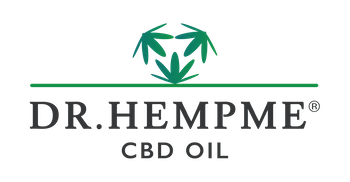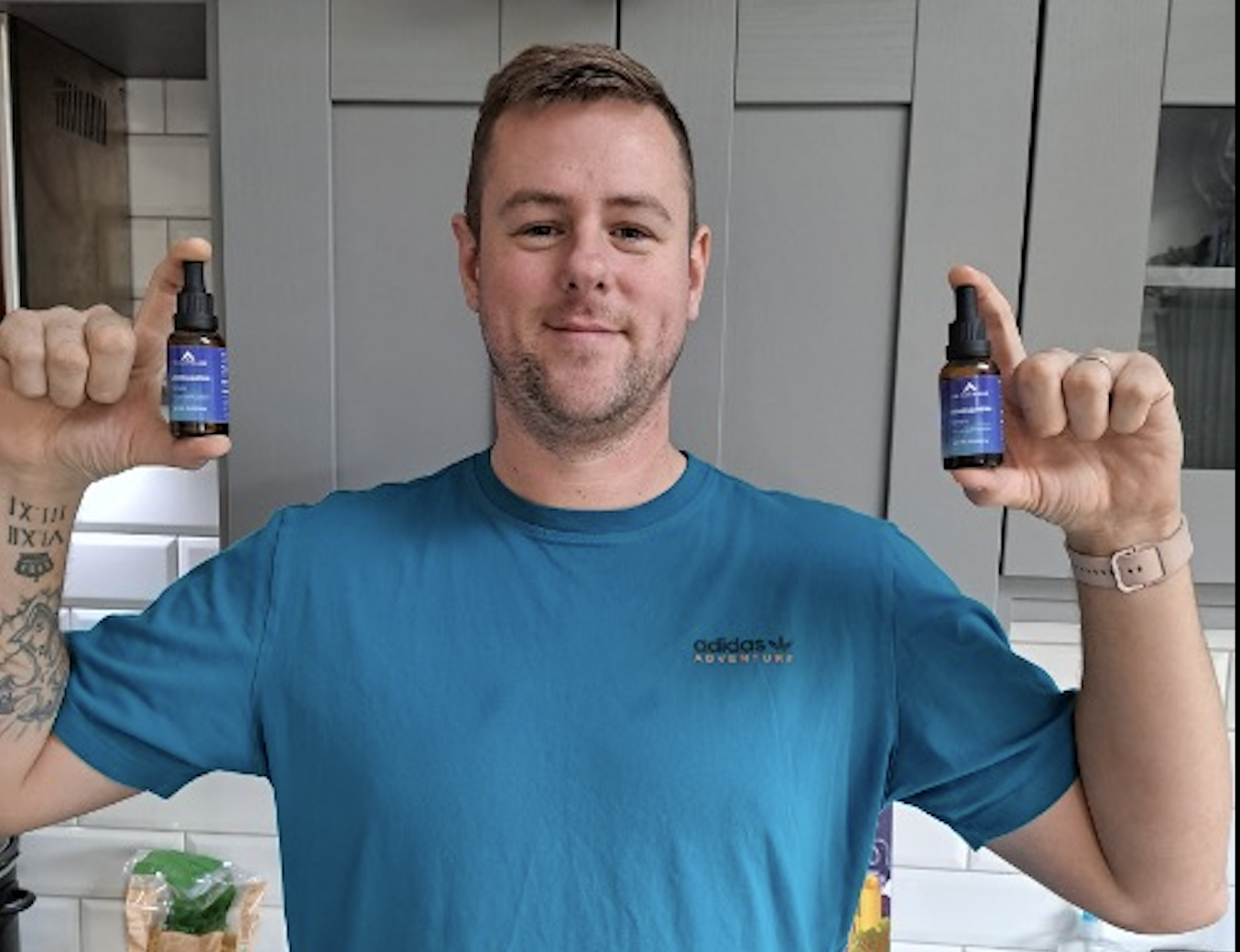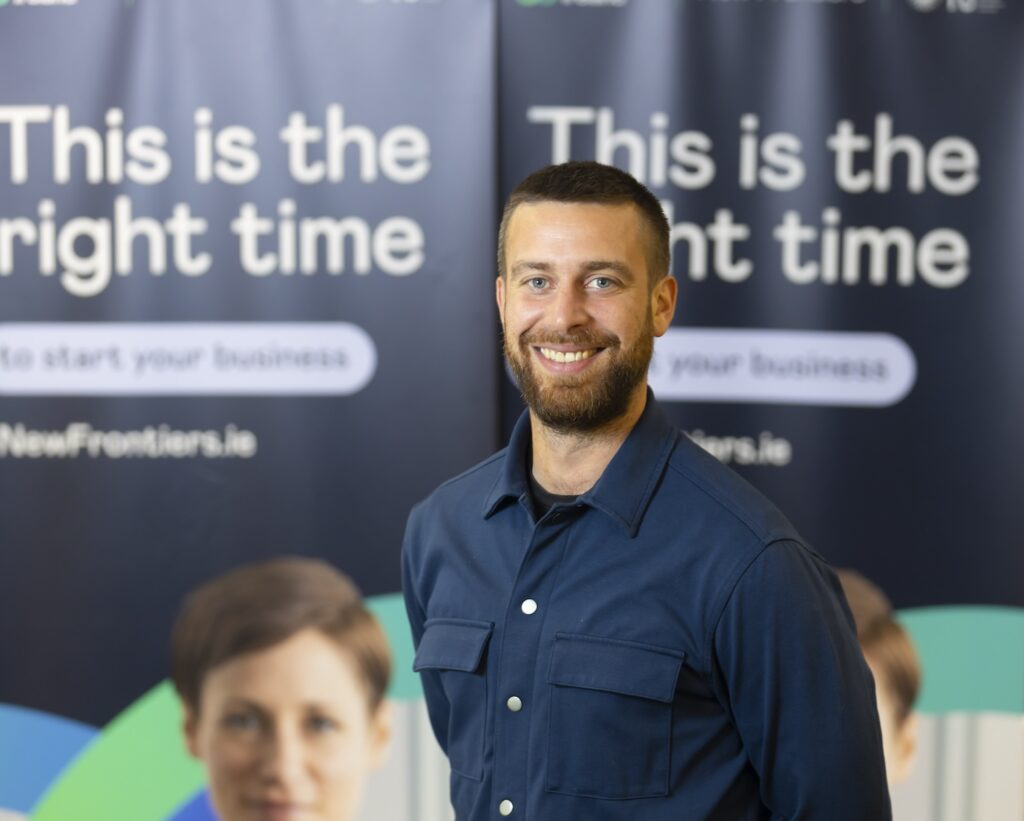What does the future hold for the CBD industry in Europe and the rest of the world? Many issues surrounding CBD continue to evolve and change. When taking a look at what’s next for CBD, it helps to consult the experts.
Welcome to the Dr. Hemp Me 2020 CBD Expert Roundup Talk. I contacted a wide variety of CBD experts from across Europe to gather their opinions on the biggest challenges facing the CBD industry.
They explained where they think our industry is heading in the next five years. Their answers cover a wide range of topics, including legal issues, banking, retail opportunities, and much more. As you’d expect, the novel food issue, potential legalization, and changing public opinion also came up frequently.
Ready to learn more about what the future has in store for CBD? Let’s dive into the details:
Brian Cusack
One of the biggest issues I hear about is banking. How can CBD sellers find a secure, accessible way to handle their financial transactions? The two main areas sellers have issues with are the following:
- Setting up a business bank account
- Working with online payment processors such as PayPal and Stripe
The legality of CBD in Ireland is complex. When we talk about CBD sold legally in the country, we’re almost always talking about hemp-derived CBD. It’s divided into two types:
That trace amount of .2% THC is a big deal, legally-speaking, due to what’s often referred to as the “novel food issue.” What does that mean?
The novel food issue traps businesses in a no-win situation, where they’re either violating Ireland’s food safety regulations or the law.
In the next five years, I predict Ireland will finally determine whether or not to add CBD into the medicinal cannabis range. If so, that means hemp-derived CBD could only be obtained with a prescription, because it would no longer be classified as a food.
CBD is currently classified as a food supplement, which means no company should make medicinal claims about its use. Unfortunately, an increasing number of CBD companies make medicinal claims about their products.
Finally, I believe all facets of the industry will focus on developing and strengthening regulations related to the manufacturing of CBD projects.
Marc Garrett
From the unnecessary negative stigma to the percentage of accepted THC value (Right now is 0% for CBD products) to Ireland relying on the billions the Pharmaceutical Industry gives the Irish economy and Trump wanting these industries back, to the Novel Food Act, there are so many unknowns that many would have to think twice or even three times before wanting to get into this Industry.
There is so much wrong in this space right now. It’s not unjustified in thinking the industry is not up against it. Securing a bank account and getting a payment system are just a few of the tasks made more difficult in this area. This, coupled with the fact it seems the industry in Ireland isn’t pulling together in many areas, only makes matters worse.
Uncertainty
The biggest challenge for the space is the “uncertainty” and the Novel Food Act is one large uncertainty. Anyone who can apply any sort of critical thinking, after their research, clearly can see Cannabis, Hemp, and CBD are not Novel Foods. However, this is being pushed at great lengths to try and shut down the industry.
The Novel Food Act
Its implications are far-reaching as it impacts –
• The types of plants that can be grown. Thus far the EU only allows Sativa / Industrial Hemp. Cannabis is a genus plant. Roses are genus plants and their looks, fragrance and growth are unique to each type of plant. Cannabis is the same and the variations have significant health benefits. By overly restricting this, The Novel Food Act restricts the health benefits Cannabis could bring to the people of Ireland and Europe.
• The processing of the plant is limited to “Cold Pressing” which is far inferior to Co2 or other combinations such as food-grade ethanol and XYZ. This increases the costs and lowers the quality of the end product. Thus reducing the benefits to the people of Ireland and Europe.
• The Novel Food license goals and its intent make sense for many reasons. However in this case it is so outrageously complicated and expensive. The dossier itself is a hard read, thus understanding the process before applying for the license is admin heavy. The very people who help build this industry will be shut out and or restricted to working with large corporations. Many of these corporations go against what the industry set out to do which is – (To name but a few )
-Help people heal naturally with nature by working with the body’s own systems.
– Help people avoid big pharmaceutical synthetics with a viable alternative.
-Grow a new industry and sub-industries to create a sustainable economy.
This one issue stands to wipe out small businesses which are very same ones that built the industry. It could most likely restrict the variation of products on the market and add further cost to products for the end-user. Most worryingly it places the industry’s faith in the hands of the few with deep pockets.
Alan Clabby
As a CBD business, there are many challenges. Issues that a regular company wouldn’t have to think about, the one challenge ill focus on in this post will be social media. This has been challenging from day one. All of the major social media companies all have of policies against cannabis, Facebook, Google, Instagram, Twitter and the list goes on.
Unfortunately for anyone who owns a legal business in the hemp industry, they will fall into the category of cannabis, so how does this affect us, if you notice on your Facebook feed every second or third post is a sponsored ad. This is one of the only ways on Facebook to get your products and services in front of a large number of people. We cant post our products on the marketplace, we cant have a shop on our profile and our reach is limited to 5%-10% of our following. For example, if you have 10,000 followers on FB, Only 500 of those followers will see your content on a daily basis unless you pay for sponsored posts which we cant do.
Social media is vital for growing any business these days, as a legitimate tax-paying company, we need to have the option to use the same tools as other companies on social platforms. A potential solution if the trade associations held talks with the big tech companies to put in place program that legitimate compliant companies could access to help them grow their business.
Sean Hocking
Proper global regulation and testing are necessary for the CBD sector if it is going to survive. Testing is at best patchy, and at worst dishonest, in places that have legislated testing otherwise for most of the planet, it is the wild west. With the enormous amount of snake oil salespeople on the planet, the product will lose any form of trust over the next 24 months if something isn’t done.
Regulation and balanced THC %’s across the board and preferably matching across continents is absolutely necessary as well and finally enforcement of black market operators. They will always provide a cheaper product to the market. The reliable producers will also have to look at ways to get a better product to market at more reasonable prices so consumers will choose regulated over black market product.
A recent statistic in Australia illustrates this with the example of medical cannabis products. Medical Cannabis in Australia is currently so overpriced only 3% of medical cannabis users actually buy their Medical Cannabis via prescription – the other 97% go to trusted grey market suppliers. CBD like cannabis products should not be an opportunity to print money if you wish the regulated market to grow fairly and equitably.
Anna Chanthavongseng
There are some hurdles that we face as an industry, but nothing we can’t overcome. The cannabinoid market currently is the most profitable, but I believe the industrial uses of hemp, such as the fiber side, will supersede the cannabinoid market in the future. The challenges we currently see in the cannabinoid sector of the industry are the lack of FDA regulations of CBD and the imbalance between supply and demand.
Hemp was legalized two years ago and we are in its infancy stages in terms of research and development. Whether it is for marketing purposes or biological research, it is understandable why the US government is taking its time figuring out how to approach regulation of cannabinoids.
Currently cannabinoids are not legal in food and beverages, but may be in the future. If cannabinoids become approved ingredients, that will open the market to larger traditional food and beverage companies.
Currently we see the popularity of smokable hemp, but that is on a state to state basis in terms of legality. Some states can have raw flower at their retail shops, while some states ban it, which can be a tricky situation in itself. We need to encourage law enforcement to start utilizing field tests that are sensitive enough the differentiate between hemp and marijuana. This will not only benefit retailers and consumers, but also address some of the issues we are seeing in transportation.
Another challenge we currently face is the saturation of the CBD market. There are farmers today who are still sitting on last year’s harvest, not knowing where to take it. Once it is processed, where does it go from there? Who and where are the buyers in this industry?
As a non-profit organization, our mission is to advocate for the plant and bring awareness of the innovative possibilities and potential of it. Whether it is for the cannabinoid market or fiber or grain, we would like to see everyone in the industry succeed. As an industry, we need to keep educating our policy makers and the public of the true potential of this plant. More funding needs to happen in hemp research to advance innovative development and to take those innovations to market.
As for my final words (and NHA motto) “Let’s grow!”
ANNA CHANTHAVONGSENG
Whole Plant Extract
WPE is a family run business that has been actively involved in all aspects of the industry; part of that is the breeding side which they have been doing for over 30 years. With this knowledge comes the ability to educate correctly and provide the right products. WPE have added some other herbal blends that have been used for centuries that really make our products unique and make us stand out from the crowd.
Consumer interest in cannabidiol (“CBD”) has risen rapidly and is growing fast. The shift reflects a wider trend in society and is further demonstrated by the changing economic drivers of the agricultural hemp sector.
The growth and success of CBD in the United Kingdom depends upon overcoming key challenges in the years ahead. These challenges are similar in many jurisdictions and all require open dialogue between government, regulators, the industry, the healthcare profession, and consumers, in order to reach the right outcomes.
We see that consumers are growing and are beginning to understand the natural benefits of CBD. We hope that more and more people realise the potential of CBD in the near future.
Kit O’Connell
Banking, the THC level, and a very important one: the hemp felony ban. Digging further, we need an industry that’s more equitable, so that more than just a handful of rich white people can play in it… and of course we need to expand beyond just CBD and explore all the ways hemp can be used.
KIT O’CONNELL
Patrick Doherty
VADIM FEDOROVSKY
Gary Clark
Regulation and education, the people making the rules are not involved in the industry enough to make a good decision on how to regulate the CBD industry, the ‘consultants’ they ask are usually not the users of the products but the producers of the products and this gives power to those looking to monopolise the market.
Educating the user is so difficult because of places such Reddit and Facebook being so full of ‘expert advice’, after spending only an hour looking in groups and at posts it became clear that many of the groups are actually owned and ran by some of the large CBD brands, they don’t recommend whats best for the consumer, simply whats best for their bottom line, sadly many of the products don’t work for the customer and they become of the mindset of CBD not working when they simply needed a little more CBG, CBC or other minor cannabinoid in their oral solution.
People seem to see a larger number followed by ‘mg of CBD’ and assume that’s better when in reality the human body requires very little CBD each day, without the appropriate amount of minor cannabinoids and terpenes the body is unable to absorb and use the CBD in the product.
We developed LVWell CBD to cater for the masses, including the best cannabinoids at an appropriate level to allow our CBD to have the best chance to help the consumer with whatever they are using CBD supplements for at the best price.





















